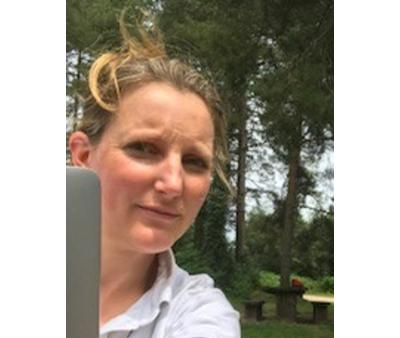The changes to pathways to improve flow through acute hospitals has meant patients all over the UK are being discharged to intermediate care and community rehabilitation services earlier in their care.

This has shifted the location for rehabilitation into patient’s homes, rather than a ward setting, allowing community rehabilitation teams to provide a complete rehabilitation journey. As one physiotherapist put it “the community is where the magic happens”.
For older people in particular, going home from hospital earlier gives better health outcomes and reduces their long-term care needs. However, these aren’t the only benefits to patients being seen in their own home. They are able to work within a familiar environment, where they may have developed problem solving skills for functional activities. The lady you assessed after her surgery to repair her hip fracture, who struggled with her stair assessment on the ward might race up her steep, narrow stairs, using the window sill for support in the same way she has for the last 20 years, as her body has muscle memory to do exactly that activity in that location.
Tailor goals
Seeing a person in their own home lets you create links with their friends, family and carers, who may be able to support with physiotherapy. You have the opportunity to learn about that person’s community, values, and place in society that gives them purpose and meaning. Goals can then be tailored around their individual circumstances, helping to achieve motivation and compliance with treatment. There’s a real opportunity to be creative with patient’s goals and with your own treatment towards these. For example, how do you test whether the lady with the hip fracture now has enough muscle strength and balance to start to walk her 30kg Labrador? Or whether a stroke patient has sufficient mobility and cognitive skills to walk to town, pay a cheque in at the bank, and stop for a pint of milk on the way home?
From a professional perspective, community rehabilitation might seem like the poor relation to the traditional route of acute rotations.
However, with an increase in patients with multiple health conditions, it is rare that you will see a patient with one single condition for you to focus on. The range of conditions seen in the community, and the multi-morbidity and complexity of these patients provides a good foundation for building knowledge of cardiorespiratory, muscular and neurological conditions, as well as other areas, like metal health, allowing you to develop truly holistic assessment and treatment skills. Community teams are usually closely integrated with other services, giving you a chance to develop your cross working skills and understand the roles of different health and social care professionals.
Volunteering links
The work can also link with volunteer organisations such as exercise instructors, local walking groups and patient support groups who can help reduce reliance on health and social care services. Seeing patients at the both at the beginning and end of their rehab journeys allows you to set out the expectations of the service you can provide and discuss with your patient what their contribution will be. This develops your patient self-management techniques and prepares you for letting go of patients that you have built a therapeutic relationship with (this can be more difficult than you expect!). Community rehabilitation can involve admission avoidance, that is preventing patients from going into hospital when they are unwell, and assessment of these patients develops your rapid clinical reasoning and critical decision making skills.
Stepping stones
With the increasing number of physiotherapists stepping into advanced practice roles, the foundation provided by working in community rehabilitation, and the professional links and understanding of wider services that you gain, provides an ideal stepping stone for this, as you progress through your career.
So, if you’re still interested, take a look at some of our CSP web pages or search NHS Jobs, the ideal community post could be out there waiting for you!
Number of subscribers: 2